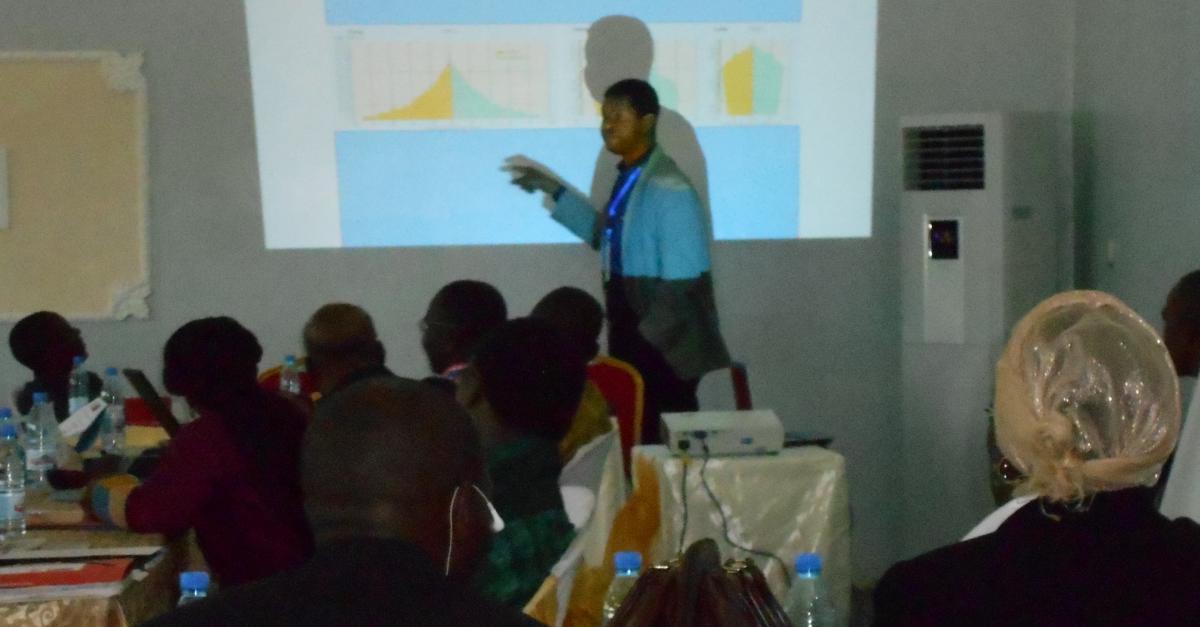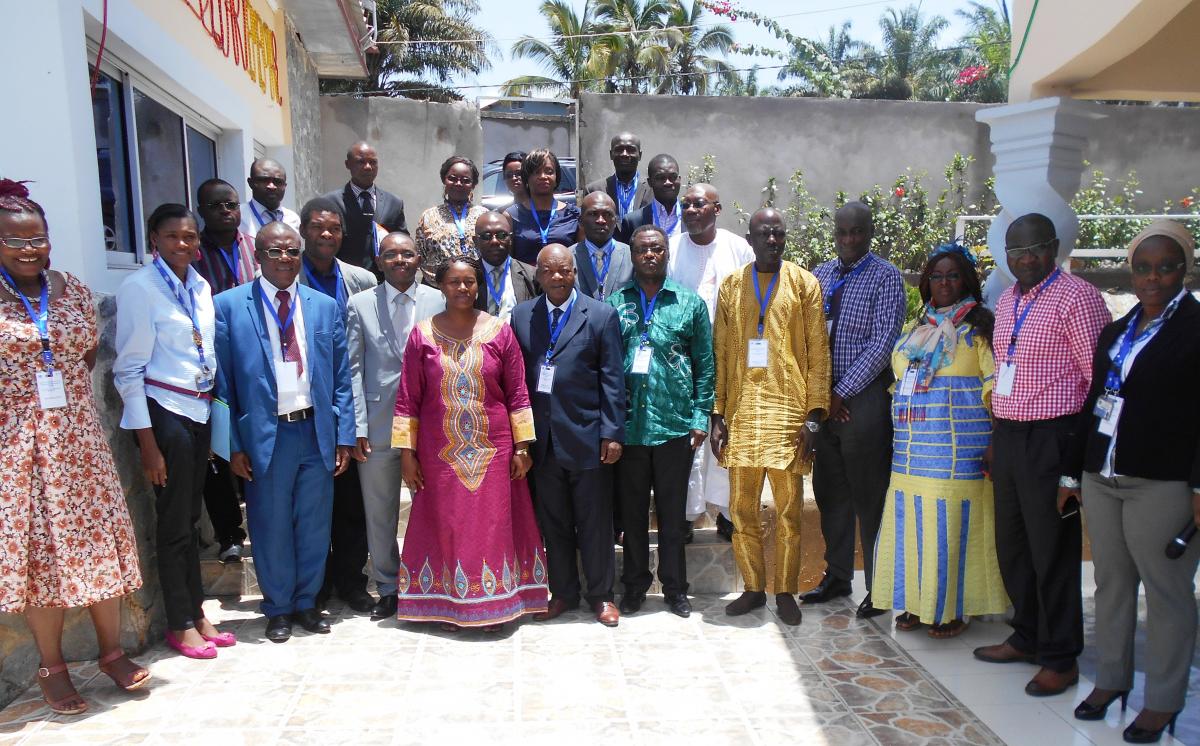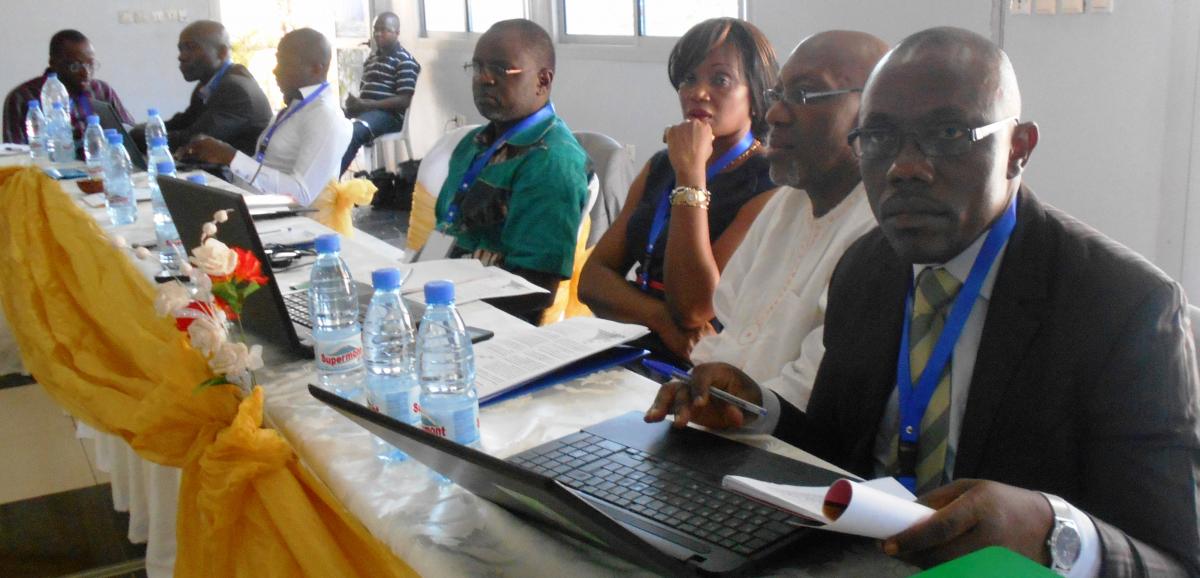Workshop on communicating on the demographic dividend for policy makers and journalistsMbalmayo, Cameroon, 24 March 2016 Organized by the IUSSP Network on Strengthening Demographic Training in Francophone Africa (FraNet)
The Network's Steering Committee: • Chair: Parfait Eloundou Enyegue (Cornell University) • Membership: Gervais Beninguisse (Institut de formation et de Recherche Démographiques - IFORD), Philippe Bocquier (Université Catholique de Louvain), Valérie Delaunay (Institut de Recherche pour le Développement - IRD), Jean François Kobiane (Université de Ouagadougou), Richard Marcoux (Université de Laval).
The workshop on communicating on the demographic dividend for policy makers and journalists, held March 24, 2016 at the Hotel Departmental Mbalmayo (Cameroon) was organized by the IUSSP Network for Strengthening Demographic Training in Francophone Africa (FraNet) in collaboration with the Cellule d'Appui à la Recherche et à l'Enseignement des Institutions Francophones d'Afrique (CARE-IFA) and the Institut de Formation et de Recherche Démographiques (IFORD).
This workshop is part of initiative to raise policymakers’ awareness of the demographic dividend and its implications for the economic emergence of African countries. This workshop builds on a series of training workshops held on the analysis of the demographic dividend in Africa, which examined the dividend in the realm of schooling (in Ouagadougou, November 2013 and Yaoundé, March-April 2014) and economic growth (in Ouagadougou, September 2014; Yaoundé, January 2015; and Johannesburg, November and December 2015).
The demographic dividend is the acceleration of economic growth that could result from changes in the age structure of the population due to a steady decline in fertility and mortality. According to this argument, which is now central to the debate on African emergence, the demographic changes underway (which include a decline in fertility and the resulting reduction in the dependency ratio) could help support the continent’s development efforts by creating more favorable conditions for savings, productive investment and improvement of human capital. The demographic dividend theory is based on the fact that Africa has the opportunity today to emerge economically in part thanks to the impulse of the demographic dividend. By creating favorable conditions for savings and investment, the dividend could provide a new impetus for growth, promote innovation, offer the continent a competitive advantage and enable it to achieve its development goals.
In addition to the five facilitators, the workshop brought together 35 participants based in Cameroon: policy makers working for the government or for international organizations, journalists, and researchers and students at IFORD.
The workshop's main objective was to popularize the concept of demographic dividend to policy makers and journalists to facilitate its national ownership. More specifically, it aims to:
The workshop also addressed the issue of measuring the demographic dividend by focusing on decomposition methods applied particularly to the schooling and economic dividends. Exchanges between participants and facilitators resulted in recommendations tailored to each stage of the life cycle, with policies for family planning, education, transitions to work, and retirement. Finally, the workshop ended with a presentation of a video on the highlights of the 7th African Population Conference, which was dedicated in particular to the demographic dividend. The video was shot by Ms. Marie-Virginie Mbusnum, a Cameroonian journalist who had attend the conference.
See also: • The workshop report and the participant list. • The web page for the Francophone Network (FraNet). Funding: The IUSSP Network for Strengthening the Demographic Training in Francophone Africa is supported by The William and Flora Hewlett Foundation.  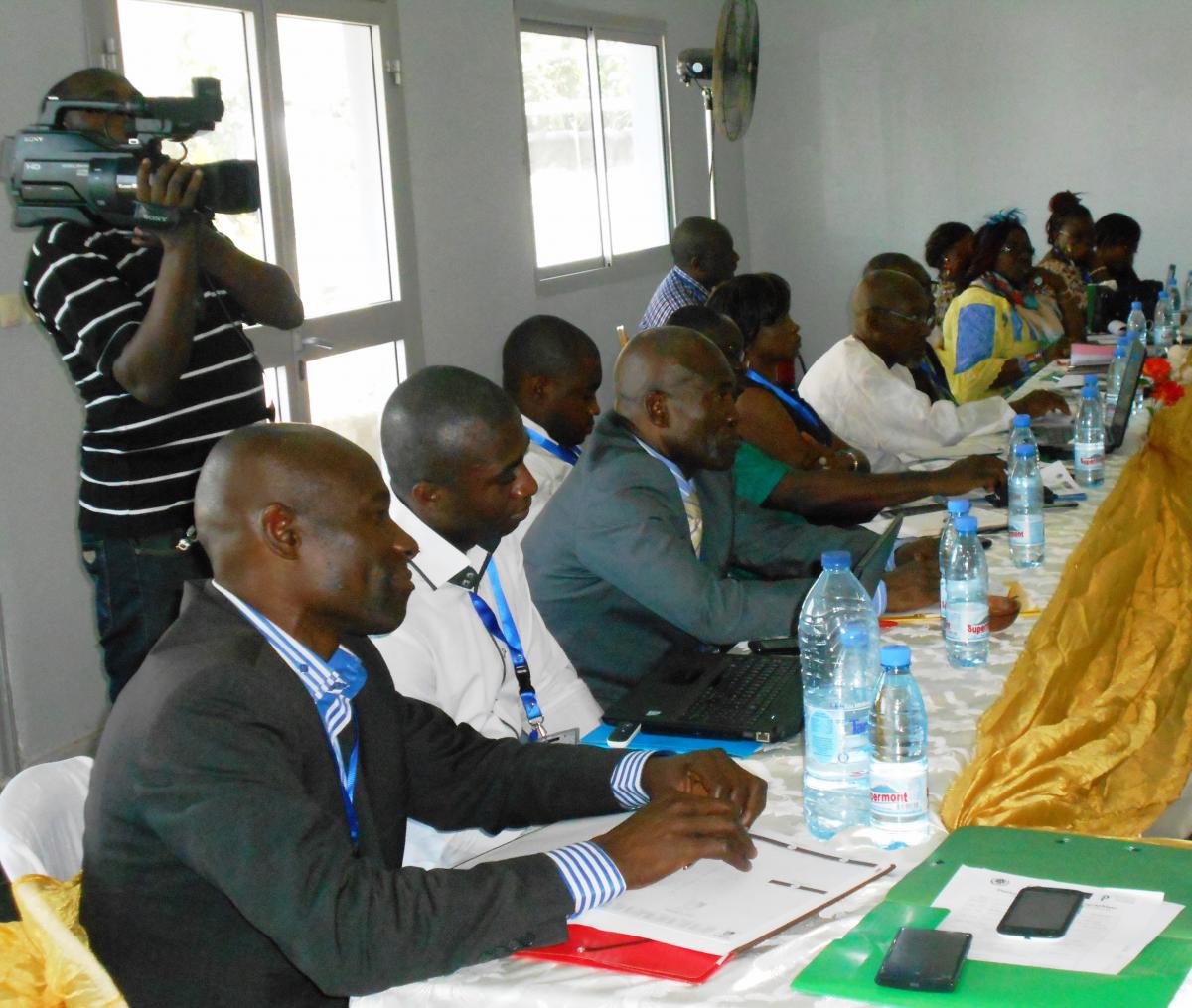 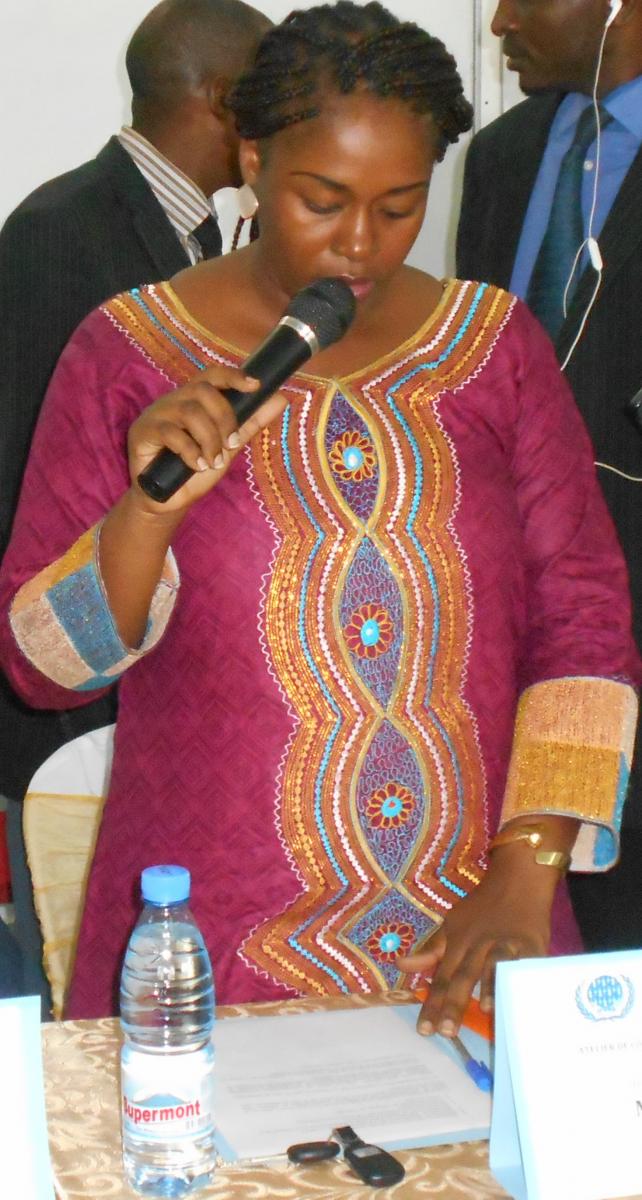
|

